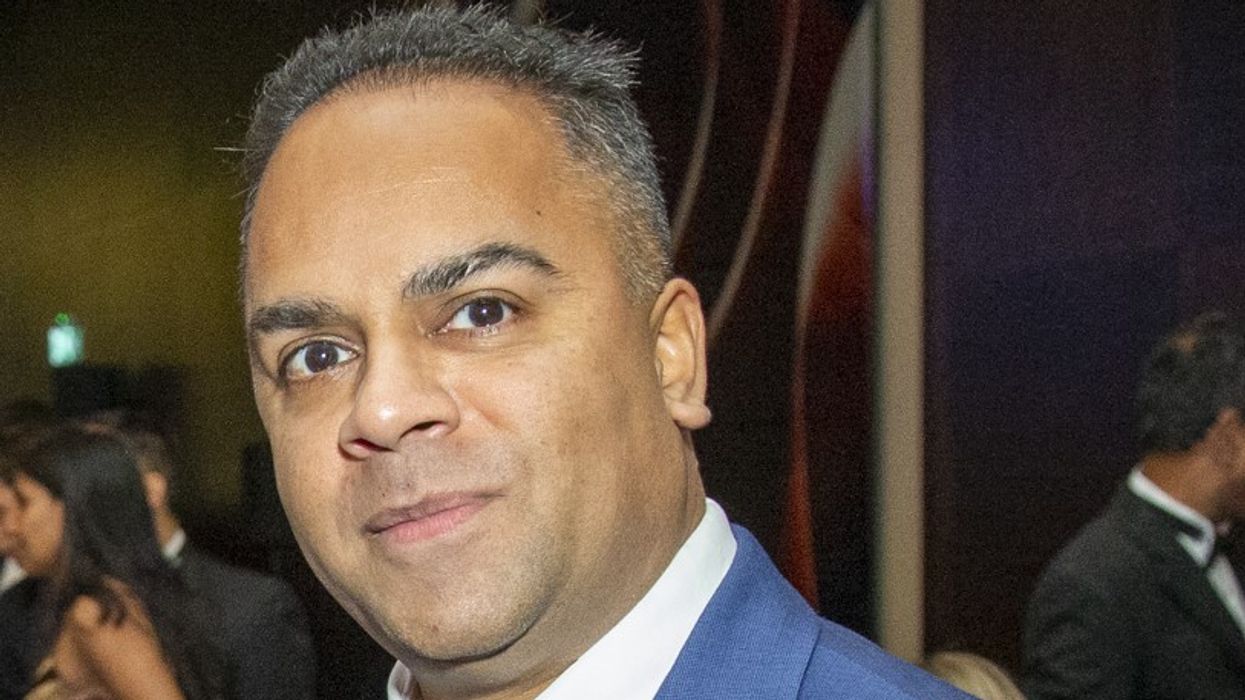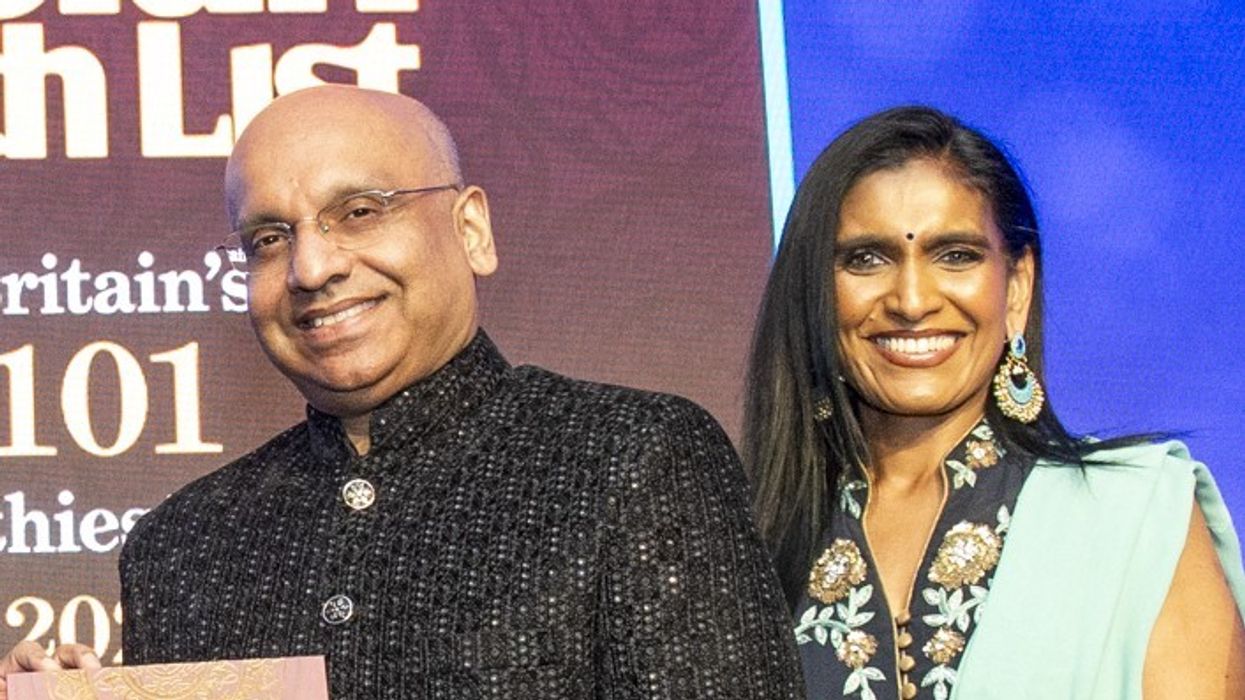ASIAN entrepreneurs and companies have pumped more money into the Conservative party than the ruling Labour, latest data has revealed, with one business leader donating more than £100,000 to the opposition party.
Dr Selvanayagam Pankayachelvan, CEO of Regent Group, a London-based educational firm, emerged as one of the biggest individual Asian donors to the Tories in the third quarter of 2024, data from the Electoral Commission revealed last month.
The Sri Lanka born former accountant gave a total of £125,000 to the party. Dr Pankaj’s enterprise has a number of institutes across the capital, including Regent College in central London.
Other leading businessmen who made major donations to the Tories, either individually or through their businesses, include the Pankhania family, led by father Vraj and his sons Sunil and Kamal; Kulvinder Singh; Suleman Ahmed; Sritharan S Ahilan and Mustafa Tariq Mohammed.
Westcombe Homes Limited, led by the Pankhania family, donated £90,000 to the Tories. Their Westcombe Group has successfully built and managed property portfolios for the past five decades.The West End Medical Practice Limited, based in London, donated £4,000 to the Conservatives. Company directors Bilal Ashraf, Jamal Ashraf, Dr Mohammad Ashraf and Romana Chohan made the contribution between July and September last year. Kulvinder Singh made a one-time donation of £5,000, while Ahilan gave £3,000 and Tariq Mohammed donated £2,200 to the Tories during that period.
The Conservatives received £3.16 million in donations during the three months following the July general election, compared to Labour’s £2.62m.
A Conservative insider said, “Under Kemi Badenoch’s leadership, the party is being revitalised into a formidable political force for the future. In the last quarter, the Conservatives raised more funds than Labour, the Lib Dems, and Reform combined. This demonstrates that only the Conservatives can stand as a strong opposition to the Labour government, which has failed with broken promises, higher taxes, and weak leadership.”

Labour’s largest Asian donor was Lord Waheed Alli, who contributed £7,985 in the third quarter. During the same period, businessman Arun Patil donated £3,000 to the party.
British Indian businessman Sudhir Choudhrie, currently an adviser on India to the leader of the Liberal Democrats , made a significant donation to the party, contributing £24,000 in the third quarter.
Zalina and Ramesh Dewan were the other major Asian contributors to Lib Dems, as they together donated more than £21,000. Jahir Hussain also made a one-time contribution of more than £3,000 to the party.
Jackie Killeen, director of electoral administration and regulation, said, “Political parties received over £9.6m in donations over the past three months. While this is a noticeable drop from the previous quarter, such a decline is typical following a general election.
“We understand that voters are concerned about the sources of funding, and this report plays a crucial role in ensuring transparency. However, there has been a long-standing decline in public trust regarding the transparency of party and campaigner finances. We continue to urge the UK Government to implement laws that would safeguard parties from those trying to bypass the law and to restore voter confidence by introducing more stringent checks on donor identities.”





